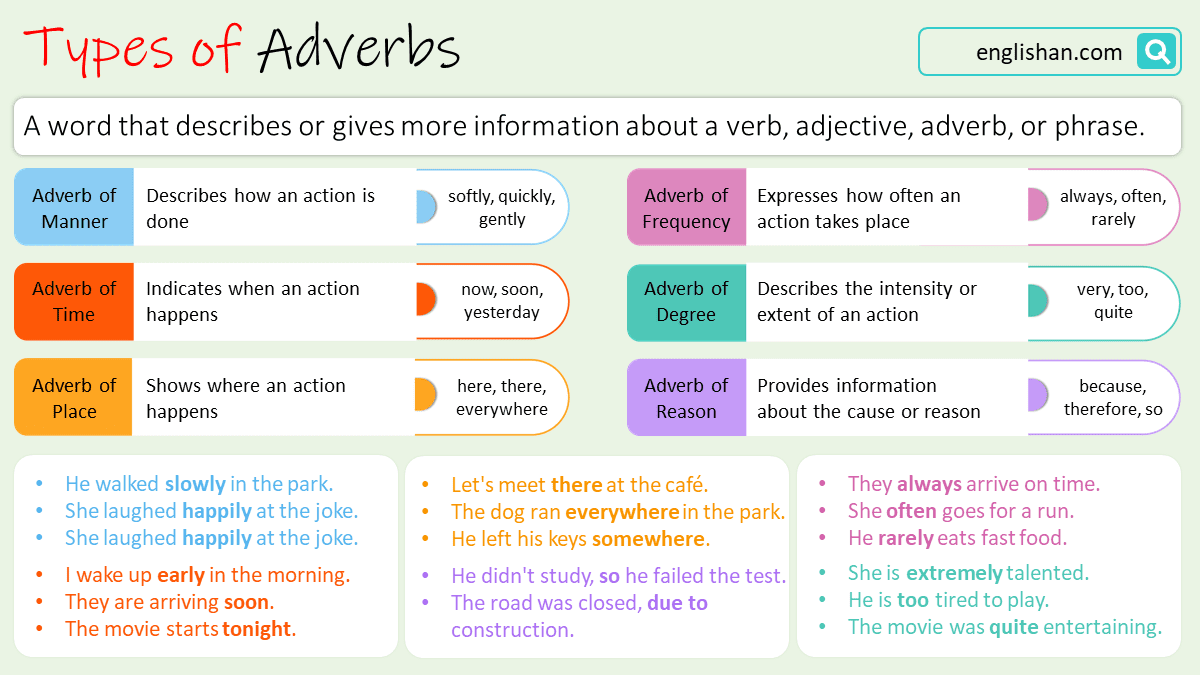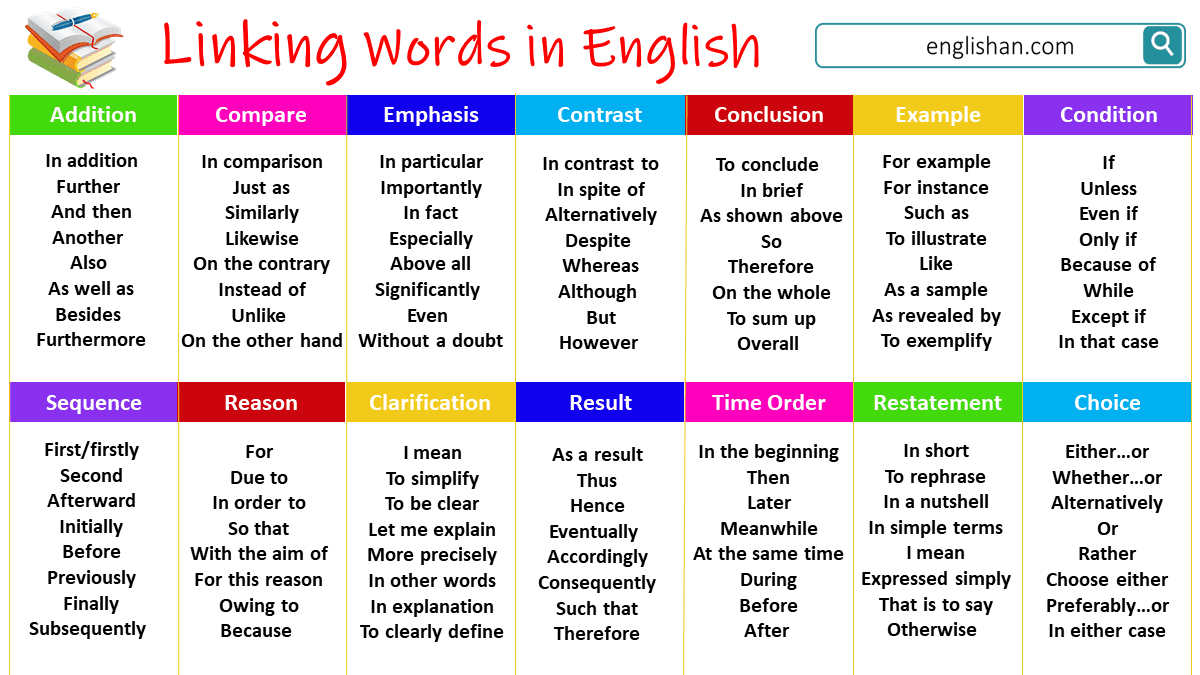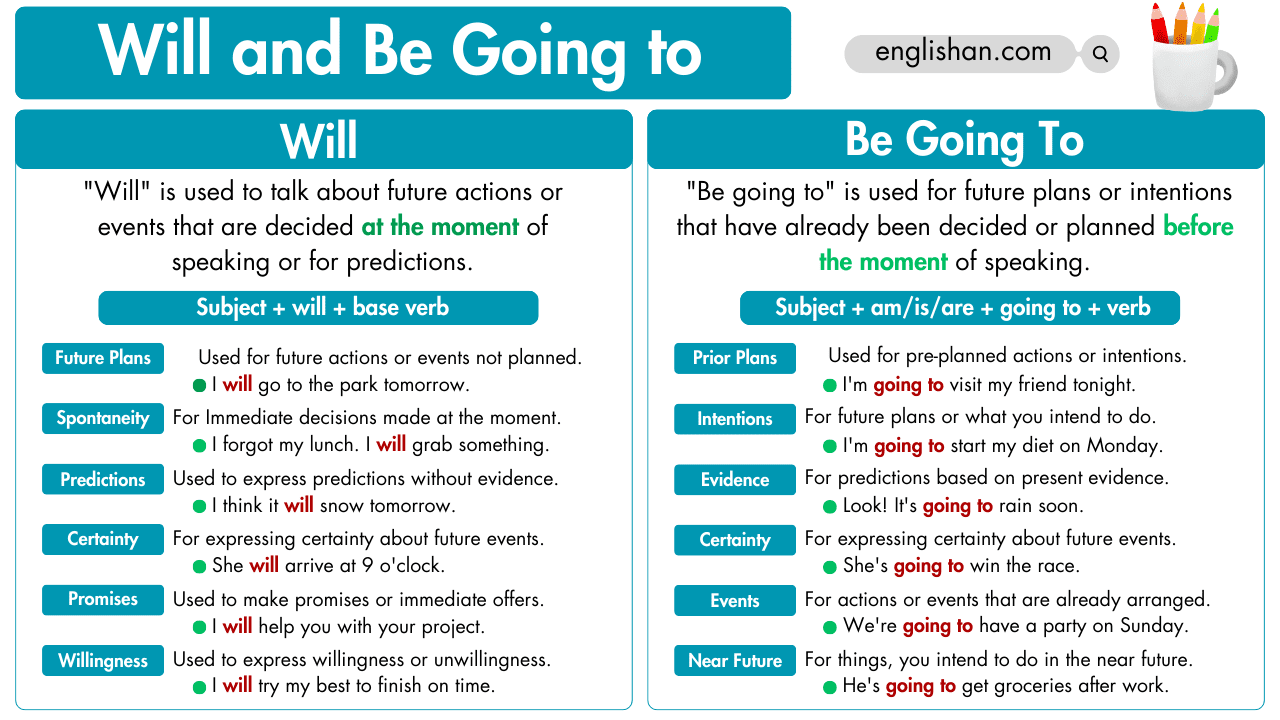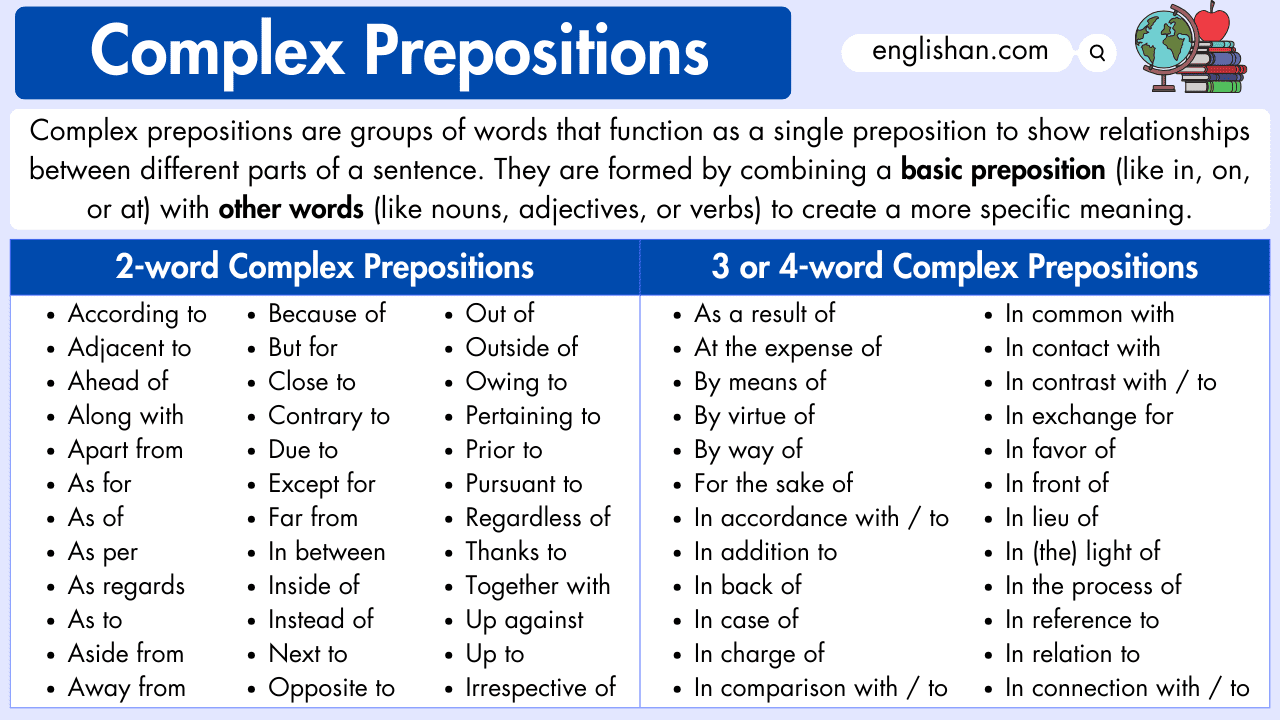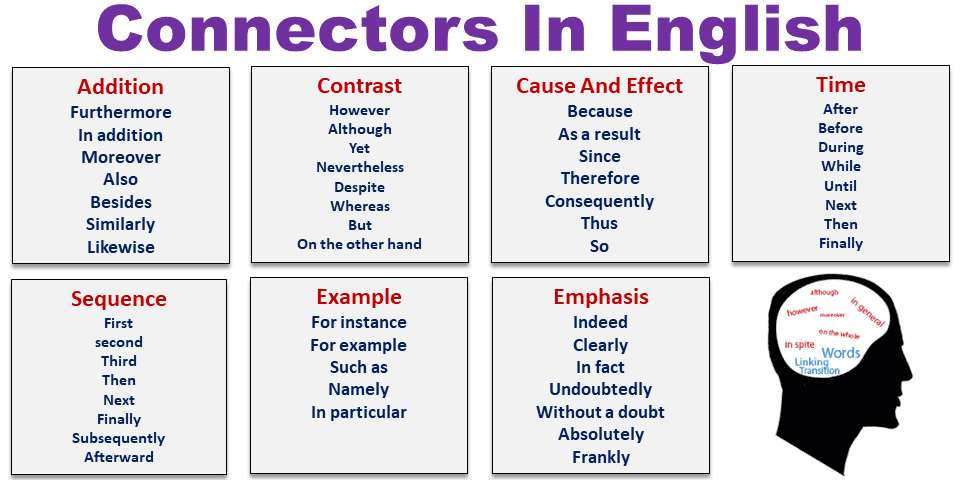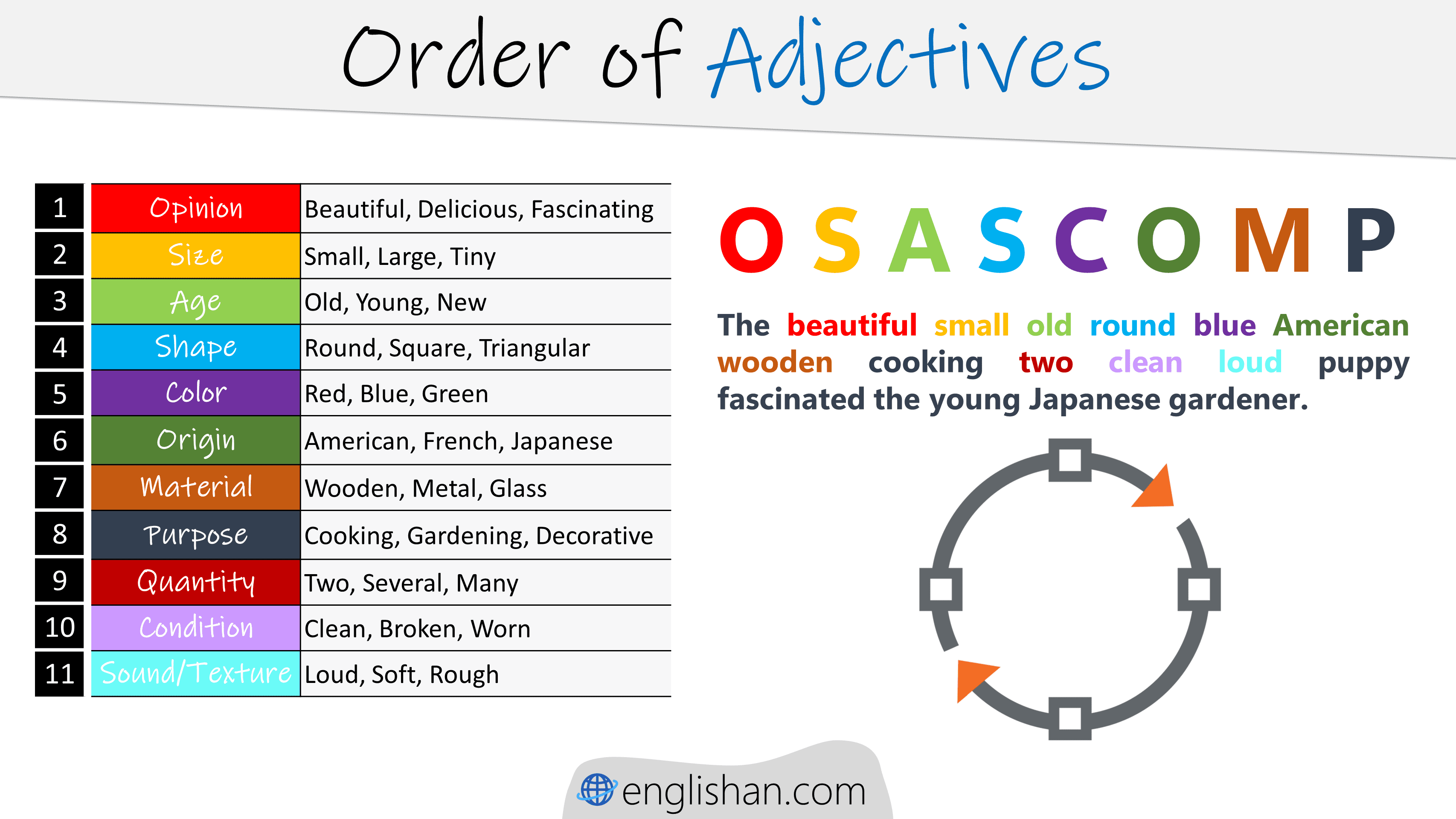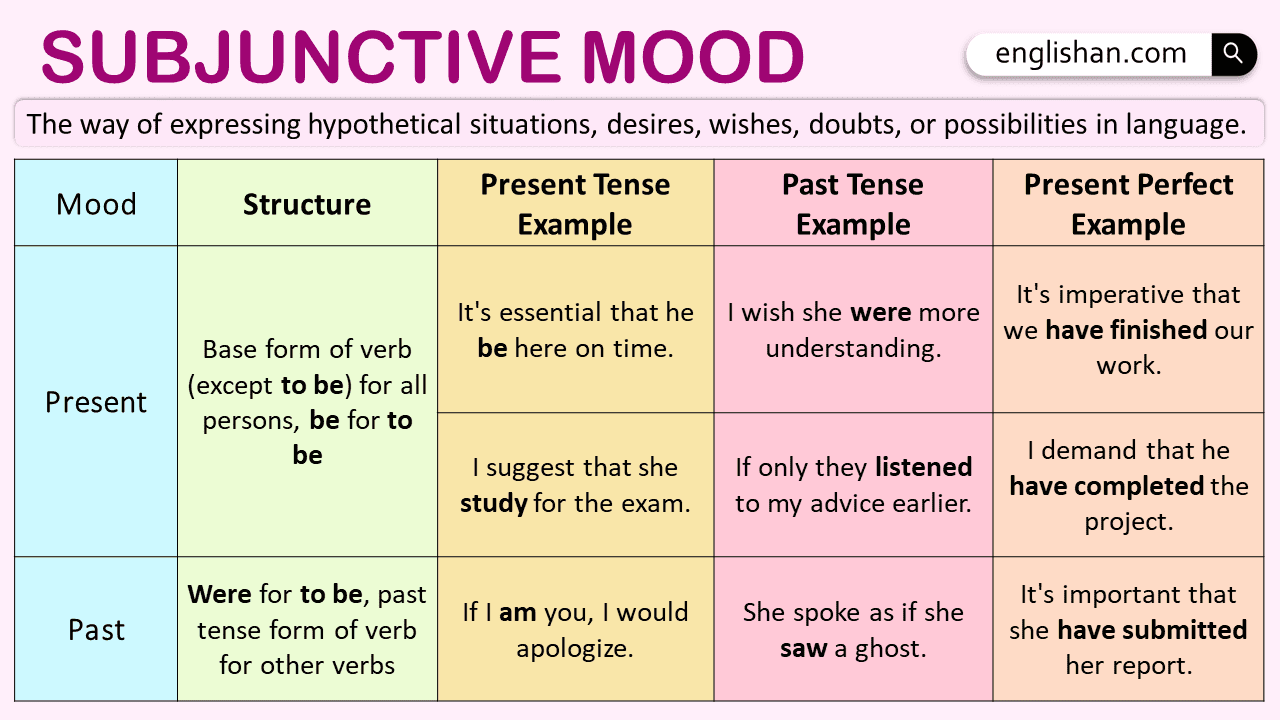Contents
In this blog post, you will learn about the different types of adverbs in English. An adverb is a word that provides more information about a verb, an adjective, or another adverb. It explains how, when, where, or how often something happens, adding detail to sentences. Understanding adverbs helps you create clearer, more descriptive sentences. We will cover the main types of adverbs with simple example sentences for better understanding.
To improve your grammar skills, check out more lessons in our grammar category.
Classification of Adverbs
Adverbs are special words that make our sentences more interesting and detailed. They come in different types that help us understand actions better. Here are some types of adverbs.
Types of Adverbs in English
- Adverbs of Manner: describe how an action is done (e.g., quickly, softly, carefully).
- Adverbs of Time: indicate when an action occurs (e.g., now, soon, yesterday).
- Adverbs of Place: show where an action happens (e.g., here, there, everywhere).
- Adverbs of Frequency: express how often an action takes place (e.g., always, rarely, often).
- Adverbs of Degree: describe the intensity or extent of an action (e.g., very, too, quite).
- Adverbs of Reason: provide information about the reason or cause behind an action (e.g., therefore, because, so).
Adverbs of Manner
These adverbs describe how an action is done.
- Position: Usually, they come after the verb or after the object of the verb.
- Examples: quickly, softly, carefully, loudly, happily, well, badly, slowly, excitedly, angrily, gently, loudly, quietly, eagerly, calmly, noisily, fast, carefully, beautifully, boldly.
Adverbs of Time
These adverbs indicate when an action happens.
- Position: They often come at the beginning or end of a sentence, or before the main verb.
- Examples: now, soon, yesterday, today, tomorrow, always, often, already, just, recently, still, yet, before, never, rarely, seldom, eventually, immediately, eventually, suddenly.
Adverbs of Place
These adverbs show where an action happens.
- Position: They typically come after the verb or at the end of the sentence.
- Examples: here, there, everywhere, nowhere, somewhere, abroad, upstairs, downstairs, nearby, far, close, outside, inside, behind, ahead, under, above, below, nearby, everywhere.
Adverbs of Frequency
These adverbs express how often an action takes place.
- Position: They often come before the main verb or after the verb “to be.”
- Examples: always, often, sometimes, rarely, never, usually, occasionally, frequently, seldom, regularly, constantly, generally, intermittently, typically, hardly ever, occasionally, consistently, seldom, rarely, infrequently.
Adverbs of Degree
These adverbs describe the intensity or extent of an action.
- Position: They generally come before the adjective or adverb they modify or before the main verb.
- Examples: very, too, quite, really, extremely, fairly, almost, nearly, absolutely, utterly, completely, entirely, totally, partially, quite, rather, so, enough, entirely.
6. Adverbs of Reason
These adverbs provide information about the reason or cause behind an action.
- Position: They usually come at the beginning or end of a sentence, or before the main verb.
- Examples: therefore, because, so, thus, hence, accordingly, consequently, as a result, since, due to, for this reason, in order to, so that, because of this, for that reason, under these circumstances, for the purpose of.
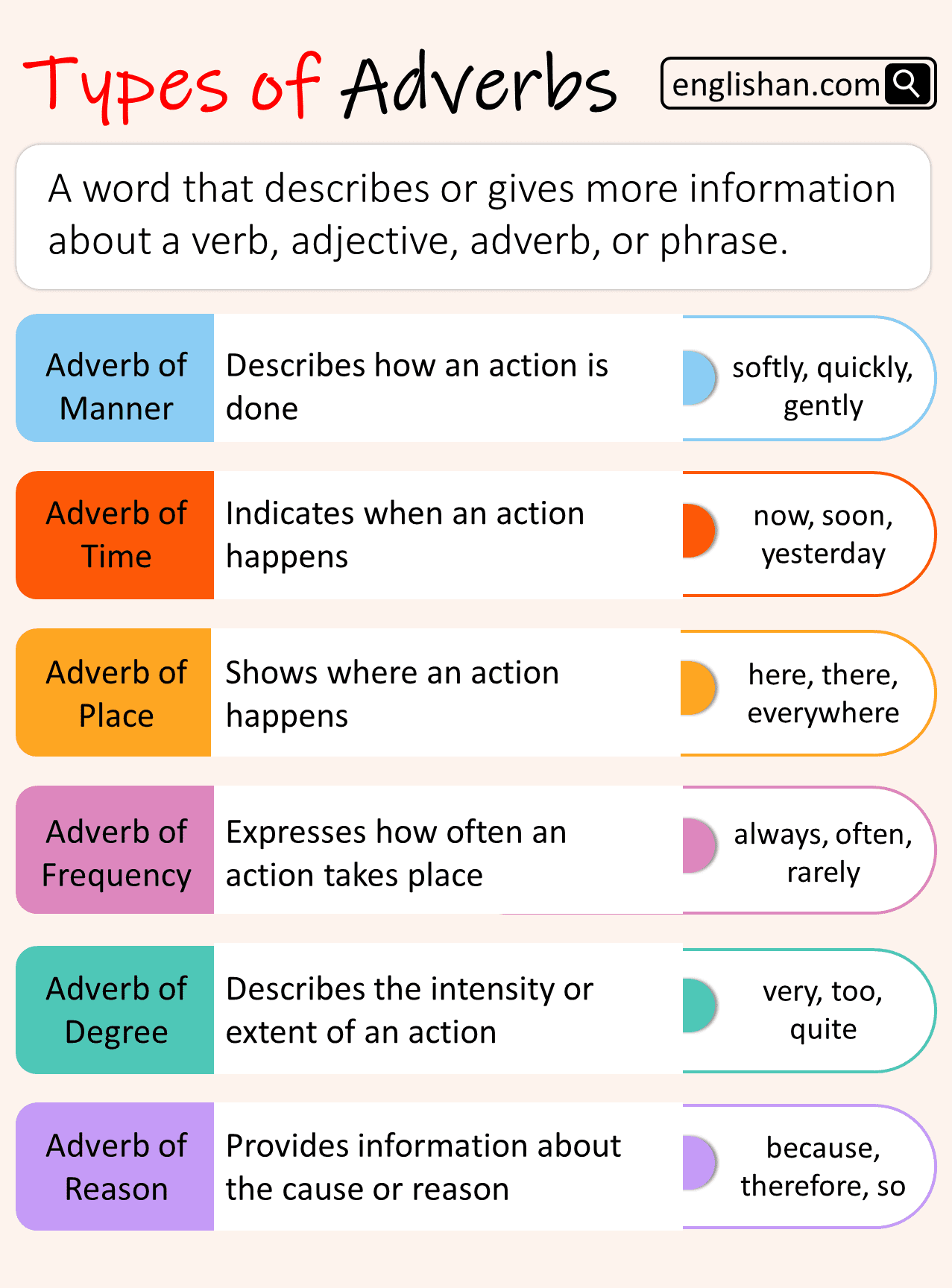
Example Sentences for Types of Adverbs
Let’s learn types of adverbs in English with example sentences to improve your grammar and writing skills.
Adverbs of Manner Example Sentences
- She sings beautifully.
- They danced gracefully across the stage.
- The cat purred contentedly.
- He walked slowly in the park.
- She laughed happily at the joke.
- He solved the puzzle cleverly.
- The children played noisily outside.
- She spoke softly to the baby.
- He ate the cake quickly.
- They work together efficiently.
Adverbs of Time Example Sentences
- We will go to the zoo tomorrow.
- She finished her homework yesterday.
- I wake up early in the morning.
- They are arriving soon.
- The movie starts tonight.
- He visits his grandparents often.
- She calls her friend daily.
- They traveled recently to Europe.
- He will return later.
- The event happened last week.
Adverb of Place Example Sentences
- The book is lying here.
- Let’s meet there at the café.
- The dog ran everywhere in the park.
- He left his keys somewhere.
- They went abroad for vacation.
- The treasure is hidden underneath the tree.
- The kids played inside the house.
- She looked everywhere for her glasses.
- The bird flew above the clouds.
- The car stopped here at the intersection.
Adverbs of Frequency Example Sentences
- They always arrive on time.
- She often goes for a run.
- He rarely eats fast food.
- I usually have cereal for breakfast.
- They sometimes play tennis.
- She never forgets her keys.
- He frequently visits his grandparents.
- The bus comes daily.
- I hardly ever watch TV.
- They regularly attend the meetings.
Adverbs of Degree Example Sentences
- The water is very cold.
- She is extremely talented.
- He is too tired to play.
- The movie was quite entertaining.
- It’s so hot outside.
- The cake is absolutely delicious.
- He is partially responsible for the mess.
- The dress is rather expensive.
- The mountain is almost unreachable.
- The book is entirely different from the movie.
Adverb of Reason Example Sentences
- He didn’t study, so he failed the test.
- She didn’t have her umbrella, therefore she got wet.
- He is sick, thus he can’t come to the party.
- They took an umbrella, hence they stayed dry.
- She practiced every day, because she wanted to improve.
- He was tired, accordingly he went to bed early.
- She couldn’t find her keys, so she called a locksmith.
- They planned well, consequently the event was a success.
- The road was closed, due to construction.
- She studied hard, for this reason she got an A on the test.
Identify the Types of Adverb in the Paragraph
The sun rose majestically over the horizon, casting a warm, golden glow across the tranquil landscape. Birds chirped cheerfully in the trees, their melodies harmonizing with the gentle rustling of leaves in the morning breeze. The air smelled of fresh dew and blooming flowers, creating a sensory symphony that embraced the senses. People emerged from their homes, greeted by the promise of a new day. As the hours passed, the sky transformed from vibrant blue to a soothing palette of oranges and pinks, painting a breathtaking picture of nature’s artistry.
Analysis of Types of Adverbs
- Adverbs of Manner: None are present in this paragraph.
- Adverbs of Place: “over the horizon,” “in the trees,” “from their homes” specify locations.
- Adverbs of Frequency: None are present in this paragraph.
- Adverbs of Time: “in the morning,” “As the hours passed,” provide temporal context.
- Adverbs of Degree: None are present in this paragraph.
- Adverbs of Reason: None are present in this paragraph.
FAQs About Types of Adverbs
Here are 10 types of adverbs in short:
1. Time – When. (e.g., now, soon)
2. Frequency – How often. (e.g., always, never)
3. Manner – How. (e.g., quickly, slowly)
4. Place – Where. (e.g., here, everywhere)
5. Degree – How much. (e.g., very, too)
6. Probability – How likely. (e.g., probably, maybe)
7. Purpose – Why. (e.g., to, so)
8. Questions – Asking. (e.g., why, when)
9. Affirmation – Yes. (e.g., certainly, definitely)
10. Negation – Not. (e.g., no, never)
An adverb is a word that describes how, when, where, or how much something happens.
5 types of adverbs with examples:
1. Time – Tells when something happens.
Example: She will arrive tomorrow.
2. Frequency – Tells how often something happens.
Example: He always eats breakfast.
3. Manner – Tells how something happens.
Example: She sings beautifully.
4. Place – Tells where something happens.
Example: The dog is outside.
5. Degree – Tells how much or how intense something happens.
Example: I am really happy.
Adverbs help make sentences more detailed!
Here are 8 examples of adverbs:
1. Quickly
2. Slowly
3. Always
4. Never
5. Here
6. Everywhere
7. Very
These adverbs help describe actions, frequency, time, place, and how much.
Read More
